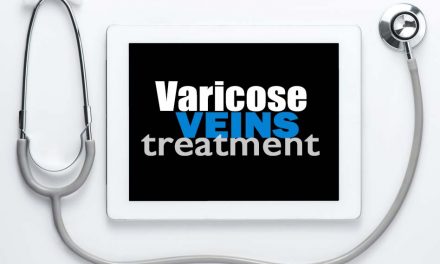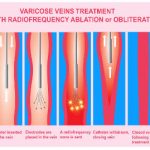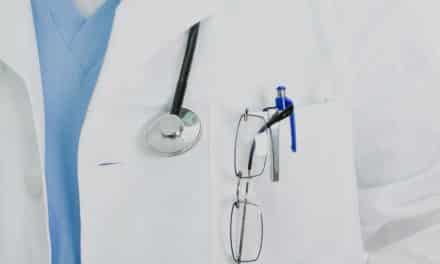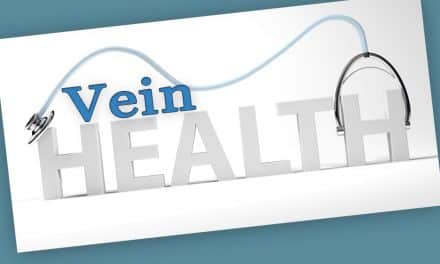
Which Varicose Vein Surgery Option is Best for You?
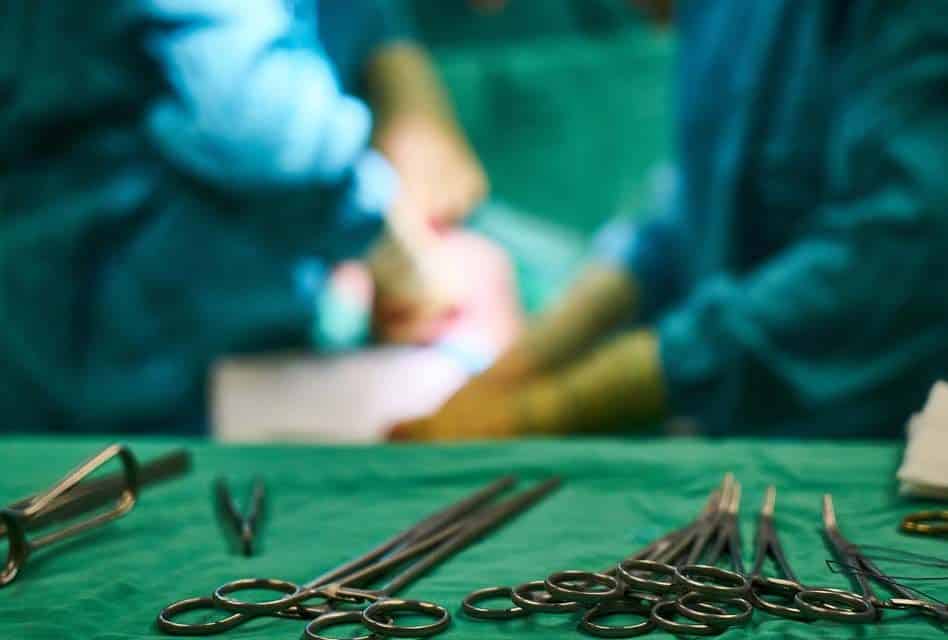
What is the Best Varicose Vein Surgery Method of Treating Your Varicose Veins?
When treating varicose veins, your vein specialist has many options. Choosing the best method of getting rid of your abnormal veins depends on many factors. One size does not fit all. What I choose for your treatment, may not be what your friend or relative may require.
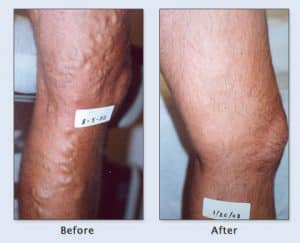
Laser Treatment of Varicose Veins vs. Radiofrequency vs. Non-thermal techniques
Saphenous veins can be treated in a number of ways. Laser is one choice. Radiofrequency ablation which is also called Closure is another. Lately, foam sclerotherapy, mechanochemical ablation, and now glue (a medical grade of Krazy Glue) are alternatives. Currently insurance companies have no billing code for the last three methods. From an insurance coverage standpoint, those last three choices are very problematic.
Treating the saphenous veins alone is rarely enough. Usually if the varicose veins are not also removed with phlebectomy or sclerotherapy, the same veins will come back. It is only a matter of time.
Which Varicose Vein Surgery Procedure is Best for You?
Deciding which varicose vein surgery should be done and when takes a lot of experience, knowledge and training. Most people want their varicose vein surgery procedures done in as few steps as possible. That may not be the best way to handle the problem.
Lifestyle choices, your physical health, and the extent and size of your varicose veins are factors in making the decision on which procedures would be best for you.
My choice of treating the saphenous veins is laser. It has the best long-term track record of closing of this vein. The long-term results are better than with radiofrequency in many studies. There are fewer recurrences with laser.
I have used the newest method of closing saphenous veins with the FDA approved foam called Varithena. After eight months, insurance companies have not reimbursed Varithena foam fairly.
Pathetically unfair and ridiculous payments have not come close to covering the cost of this very expensive foam medicine.
Injectable foam has inferior results closing the saphenous veins as compared to laser or radiofrequency.
What is the Best Evidence Comparing These Methods of Varicose Vein Surgery?

This trial compared 500 patients with symptomatic varicose veins. After three years, foam results were shown to be inferior. Five-year follow up data is reported to be coming out soon in the Journal of Vascular Surgery.
There were higher incidences of nerve problems and painful phlebitis after radiofrequency and foam techniques.
Although all methods were efficacious, the failure rate of foam sclerotherapy was significantly higher. This study has been criticized lately because the patients also received phlebectomy. Phlebectomy is the removal of the visible varicose veins through tiny needle holes or mini incisions.
Conclusion
Doctors can treat your varicose veins in a number of different ways. The final treatment method must be a mutual agreement between you and your doctor.
Your doctor’s experience, training and qualifications are very important in your getting optimal results.
The final choice depends on many factors including the size and extent of your varicose veins. The condition of your saphenous veins, which are usually involved, must also be considered.
Varicose vein disease is incurable. That is because varicose veins are inherited.
As vein doctors, we can only treat those abnormal veins that exist at the time of your procedure.
As time passes, new abnormal veins may appear.
The Kavic Laser and Vein Center is the only accredited vein center in Pittsburgh. I use laser for the reasons discussed in this article.
Dr. Kavic is board certified in vascular surgery and specialize in treating veins. That means little to most people who choose the vein doctor located closest to them.
However, to get the best available and customized varicose vein surgery treatment, call us at 724-987-3220 or contact us here.


